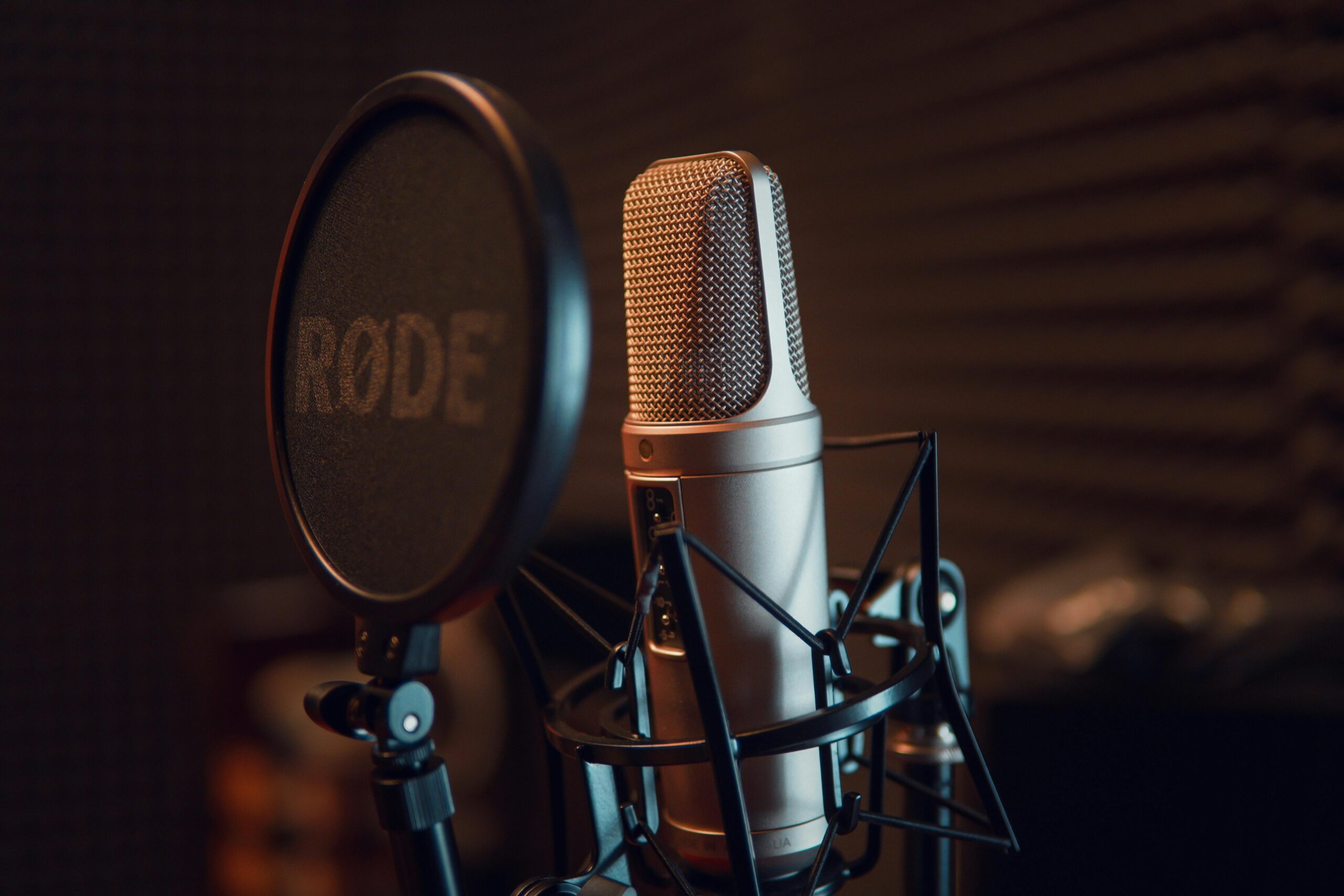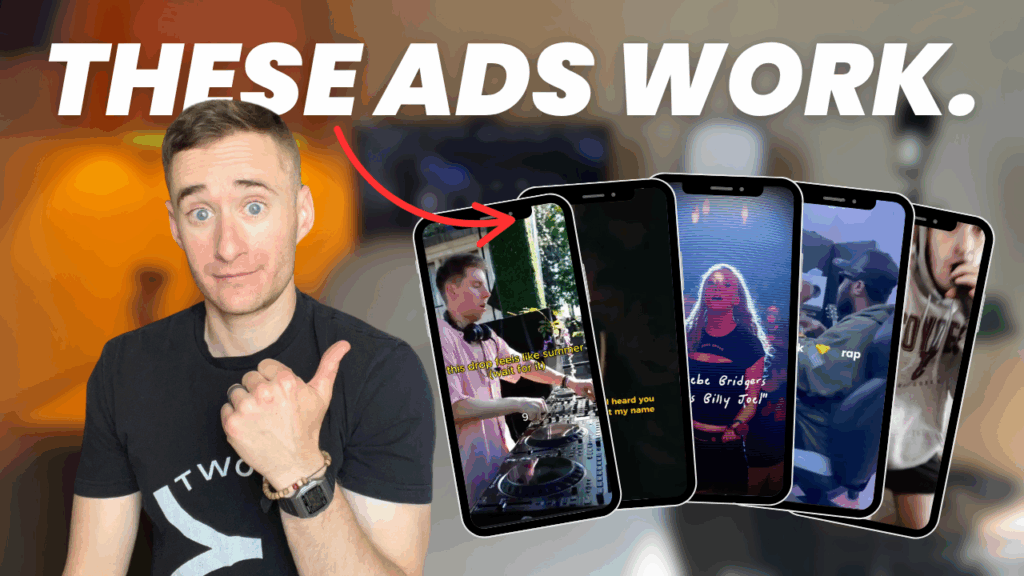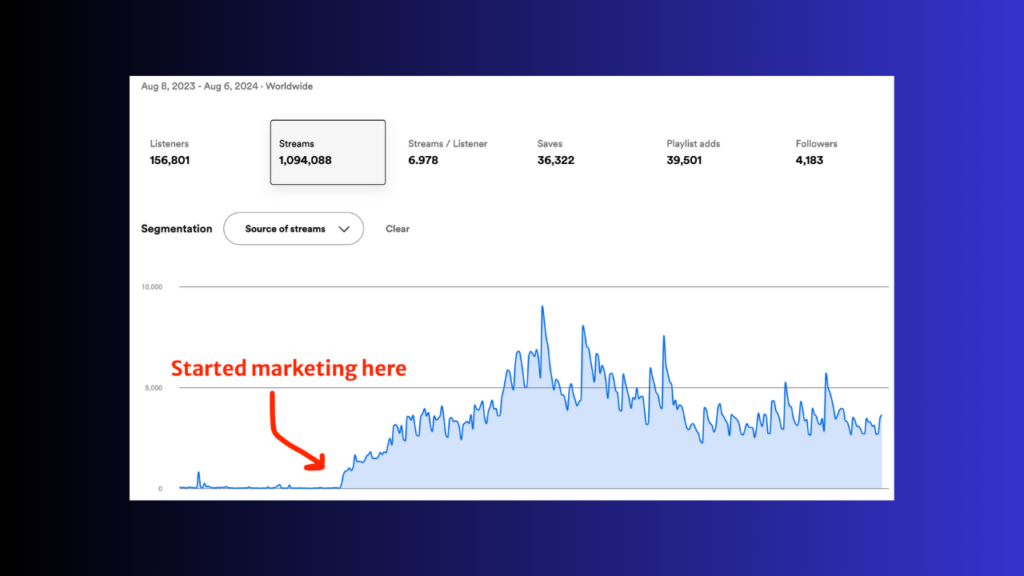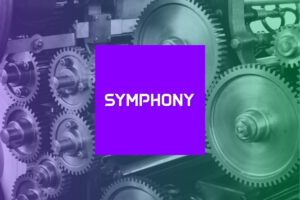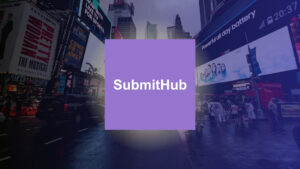Here is a simple, three-step plan to make a livable income as a musician:
1. You write a mediocre song.
2. You play that mediocre song at a coffee shop open mic.
2. After playing the coffee shop, you go to a 7-Eleven and buy what turns out to be a winning lottery ticket!
The brilliant thing about this plan is that, so long as you follow all three steps, it’s guaranteed to work. Also, it doesn’t take too much hard work. Or skill, really. You just need to be in proximity to the right 7-Eleven.
Here is a second three-step plan to make a livable income as a musician:
1. You get a lot of people to hear your (pretty good) music.
2. You get some of those people to sign up for an email or text list.
3. You get some of those subscribers to show up to your shows, buy your merch, and join your fan club.
The brilliant thing about this plan is that it’s much less dependent on the random distribution of lottery tickets to 7-Elevens. The bad thing is that it takes a stupid amount of work over a significant period of time… and even then, it’s not guaranteed to provide a livable wage.
Yeah, this is all mostly a lame joke.
But lately I’ve been thinking about how music careers actually develop.
And, in talking with friends, here’s what I’ve come to: While there’s clearly some luck involved, most people who are making music full time really have followed through on some variation of Plan Number Two.
This is basically the three-step journey to 1,000 fans.
Much of my content focuses pretty heavily on the first step in this journey; I’ve written an ocean of words about how to get your music heard. Partly that’s because getting your music heard is really important (and also very fun).
But if you stop at getting heard, you’ll have a hard time making music your career.
So, in today’s email, I want to quickly lay out the rest of the roadmap.
First, let’s make the three-step framework visual.
Turns out, this is pretty easy to do; my Plan Number Two is basically just a marketing funnel.
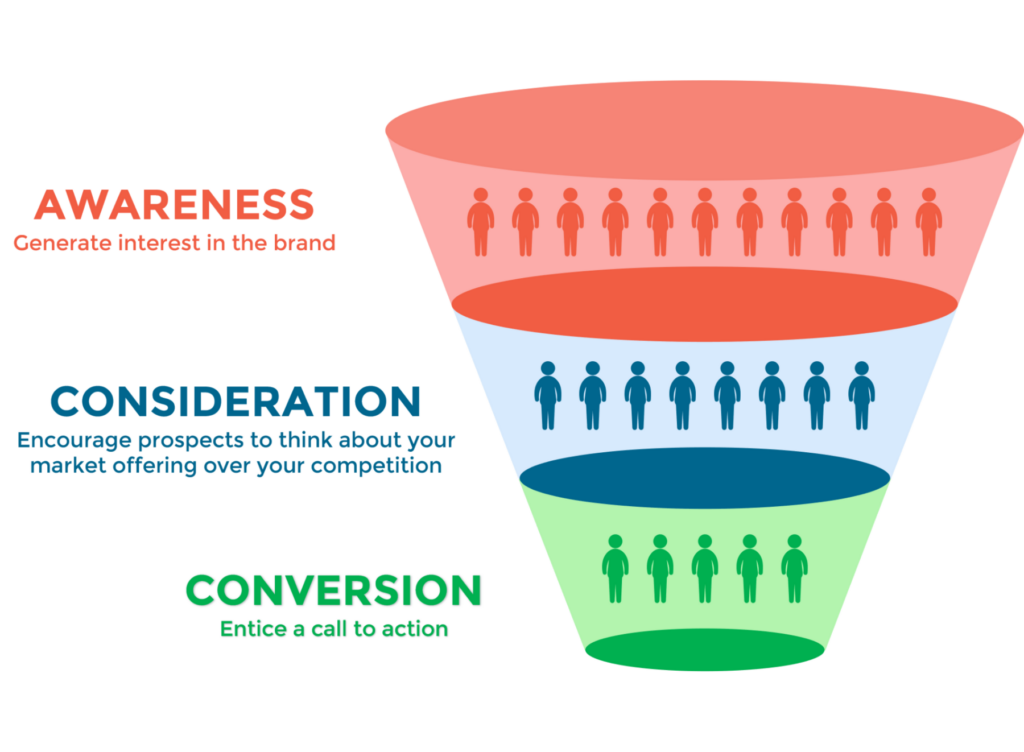
I grabbed this image from a quick Google image search for “marketing funnel.” While the terminology assigned to each stage of the funnel varies across different industries (and some folks also add a fourth stage for “loyalty”), this representation is pretty standard.
For our purposes, consideration = building an email or text list, and conversion = buying something, like merch or a ticket to a show.
Here’s the point I really want to drive home in today’s email:
Running a business requires the bottom two stages of the funnel.
Makes sense, right? If you have no point of conversion (i.e., no offer or product to sell), then you won’t make sales. And if you don’t make sales, you don’t have a business.
The kicker:
Most musicians don’t have a business because they view their music as the product – but the market does not.
Please don’t misunderstand me; I’m not saying that music isn’t valuable. It’s distressingly valuable. But, in most contexts, music is not a product.
In other words, people don’t view the listening experience as something for which they should pay. Shoot, you probably don’t view the listening experience as something for which you should pay.
The last time you heard a song on the radio, on Spotify, or in a coffee shop, did you reflexively search for the nearest credit card reader? Did you think, “Oh my, that’s music I’m hearing. Where is the artist so that I can pay them?”
If you are a sane, normal sort of person – the sort of person who is utterly weary of the freaking Kansas City Chiefs – you probably did not.
We can moan about the devaluation of music all we want (and we should probably be louder with our laments). But if you genuinely want to make a career from your music – well, moaning won’t help all that much with that.
What will help?
1. Getting more people to hear your music, but also…
2. Getting more people onto your lists, and then…
3. Offering the folks on your list something for which they can pay.
If you don’t have a plan to build a list of fans and you don’t have something for which those fans will pay, then your music will probably only ever be a passion project.
There’s nothing wrong with that, by the way. That’s what music is for me. You don’t need to think about monetization unless you want to build a business.
I’m going to pause here for now, because this email is getting long and I’m predictably starting to ramble.
But if this line of thinking is interesting to you, let me know.
Based on feedback from my members, I’m planning to talk more about the bottom two stages of the funnel this year. And I’m actually planning to run a membership cohort in March focused toward helping artists get their first 100 email subscribers.
(Btw, if building an email list sounds interesting, you can join the waitlist for that cohort by clicking this link.)
On the other hand, if all this talk of careers, list building, and monetization is decidedly uninteresting to you, please let me know, too.
Either way, here’s wishing you lottery-winning luck this week. I appreciate you, and thanks, as always, for reading.

